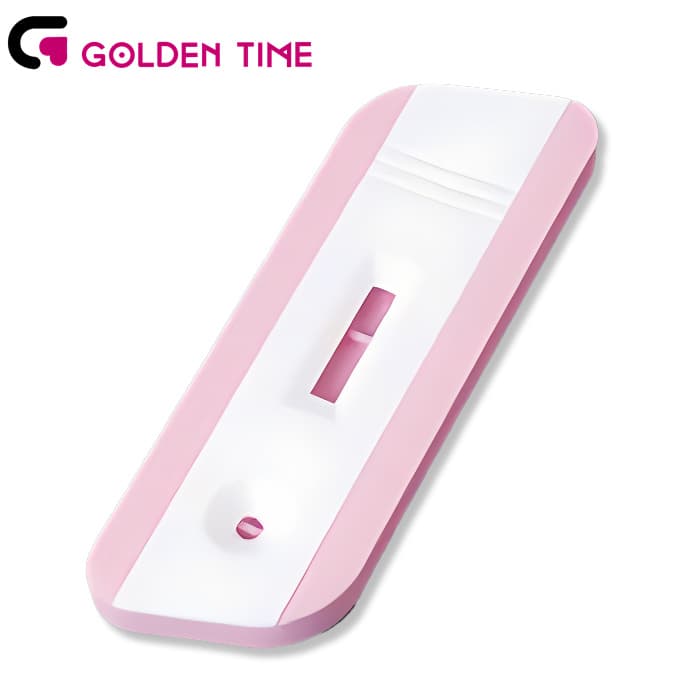ม.ค. . 28, 2025 05:10 Back to list
Dengue Antibody IgG/IgM Combo Blood Rapid Test Kit
Monitoring and managing dengue, a mosquito-borne viral infection, involves understanding the intricate role of immunoglobulins, particularly IgM and IgG antibodies. These antibodies not only serve as crucial diagnostic markers but also offer insights into the stage and progression of the disease.
From an authoritative viewpoint, it's essential to recognize the significance of high-quality, reliable diagnostic kits for IgM and IgG detection. Such tests must be able to offer swift, accurate results even in resource-limited settings where dengue outbreaks are most prevalent. Investing in ongoing research and development efforts to enhance test sensitivity and specificity can greatly impact public health strategies, enabling more precise outbreak tracking and resource allocation. Trust in these diagnostic tools is paramount. As dengue continues to affect millions globally, ensuring that testing methodologies are up-to-date with the latest scientific advancements only reinforces their credibility. Healthcare providers and patients alike must be educated on the capabilities and limitations of these tests, promoting informed decision-making and effective disease management. In conclusion, understanding and leveraging the diagnostic potential of IgM and IgG antibodies not only enhance dengue management from a clinical perspective but also bolster efforts in public health planning and prevention. By fostering a deeper knowledge of these immunological markers, individuals and healthcare systems can better navigate the complexities of dengue, ultimately leading to improved health outcomes and reduced disease burden globally.


From an authoritative viewpoint, it's essential to recognize the significance of high-quality, reliable diagnostic kits for IgM and IgG detection. Such tests must be able to offer swift, accurate results even in resource-limited settings where dengue outbreaks are most prevalent. Investing in ongoing research and development efforts to enhance test sensitivity and specificity can greatly impact public health strategies, enabling more precise outbreak tracking and resource allocation. Trust in these diagnostic tools is paramount. As dengue continues to affect millions globally, ensuring that testing methodologies are up-to-date with the latest scientific advancements only reinforces their credibility. Healthcare providers and patients alike must be educated on the capabilities and limitations of these tests, promoting informed decision-making and effective disease management. In conclusion, understanding and leveraging the diagnostic potential of IgM and IgG antibodies not only enhance dengue management from a clinical perspective but also bolster efforts in public health planning and prevention. By fostering a deeper knowledge of these immunological markers, individuals and healthcare systems can better navigate the complexities of dengue, ultimately leading to improved health outcomes and reduced disease burden globally.
Latest news
-
Dengue NS1 Rapid Diagnostic Test Kit
NewsMar.07,2025
-
Dengue NS1 Rapid Diagnostic Test Kit
NewsMar.07,2025
-
Dengue NS1 Rapid Diagnostic Test Kit
NewsMar.07,2025
-
Transferrin Rapid Test Cassette Tumor Marker TF Card
NewsMar.07,2025
-
Malaria Pf Pan Rapid Diagnostic Test Kit
NewsMar.07,2025
-
malaria pf / pan ag rapid test
NewsMar.07,2025

